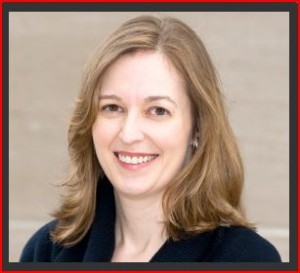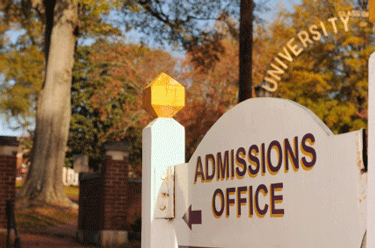Last night Allison Rizzolo, a communications professional for Public Agenda, a nonpartisan, nonprofit organization that helps communities and the nation solve tough public problems, discussed findings from a recent report “Hiring and Higher Education” conducted in conjunction with Committee for Economic Development (CED), during #CollegeChat. Allison provided us with detailed background from the research on why U.S. Business Leaders worry that skyrocketing tuition and a growing skills gap could have serious consequences for the nation’s economic future. Our discussion centered on the following questions:
- Business leaders cite cost of higher education as one of the major weaknesses. Why is this a weakness and what do they say causes these high costs?
- Executives also cited a shortage of graduates in STEM fields and their inability to fill many of these positions. Why is this a potential challenge for the nation’s economy?
- Some business leaders expressed concern that we over-emphasize 4-year degrees. What are their specific concerns and why is this a weakness?
- Executives reported unease about workers’ interpersonal skills. Why is this finding significant?
- Business leaders worried that higher education is too slow to recognize and implement needed changes, and not as accountable as it needs to be. What recommendations did they have to effect change? Q5
- What are the opinions regarding online education? Why is it significant that their attitudes are changing in respect to online education?
- How will the Public Agenda use these findings moving forward? What are the next steps?
- How did business leaders conceptualize they can be more involved in higher education?
You can read the entire transcript PublicAgendattranscript.







